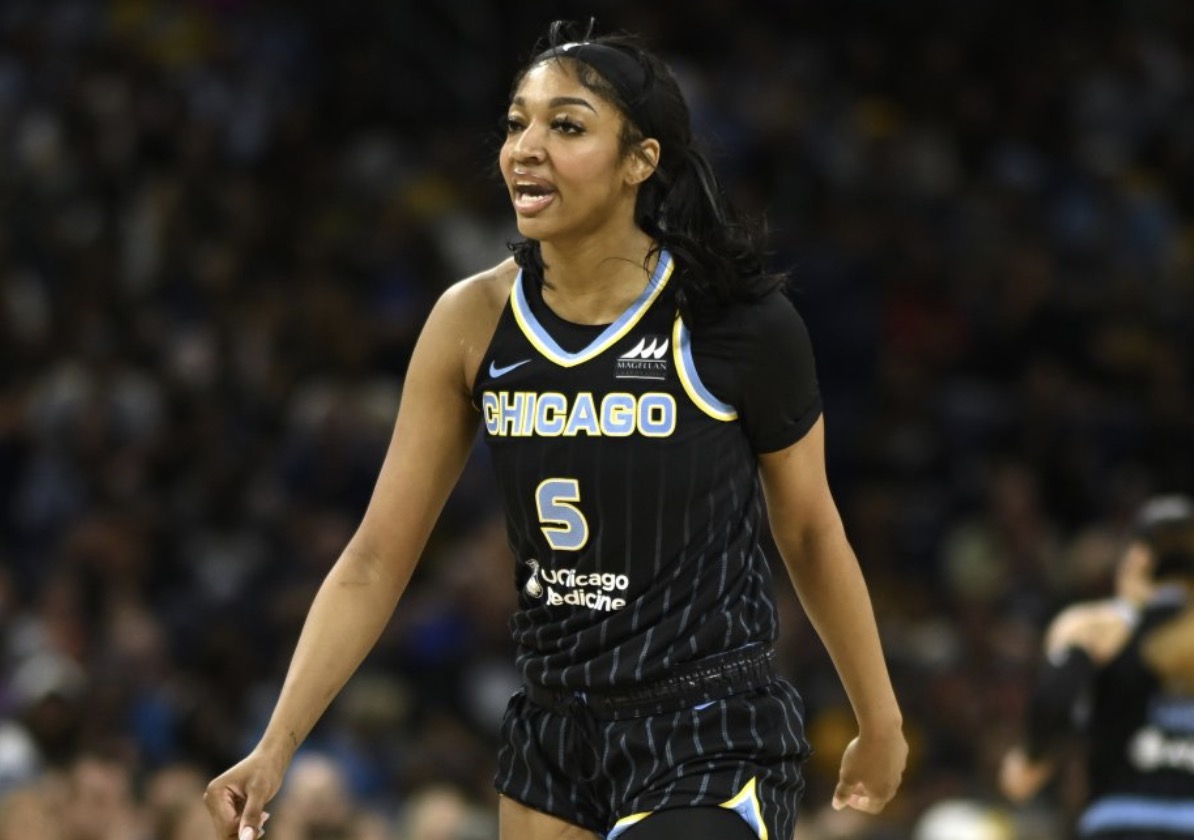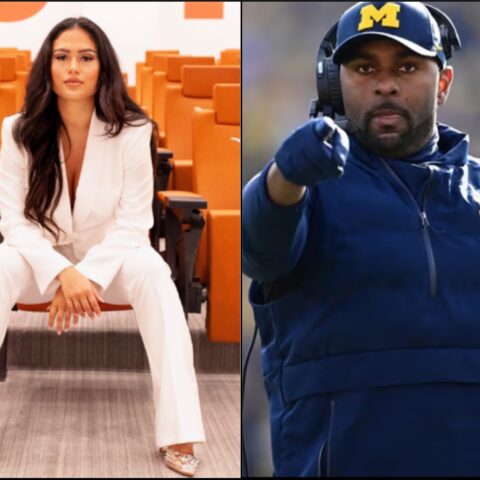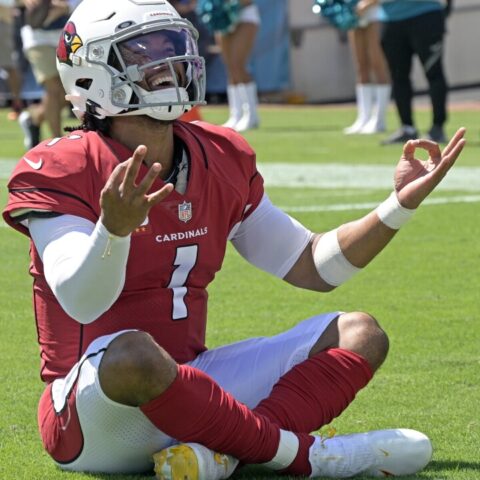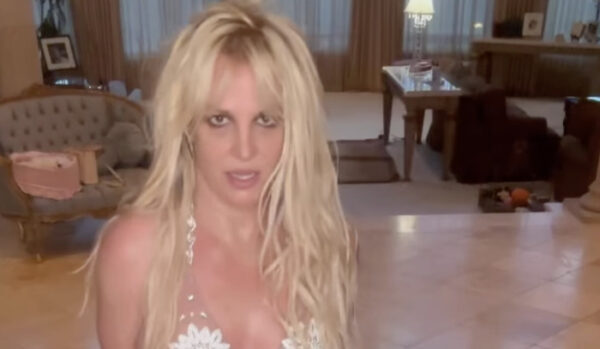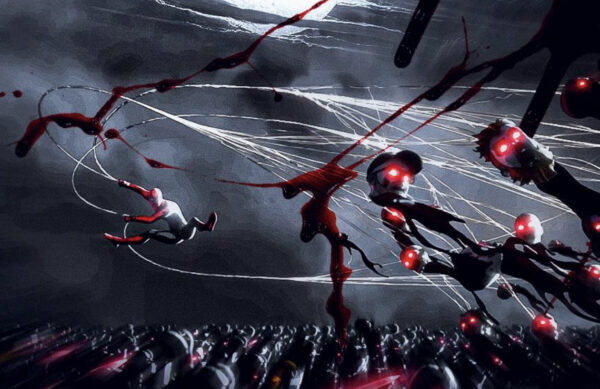Angel Reese has never been one to hold back. The former LSU standout, known for her relentless rebounding and unapologetic confidence, burst onto the WNBA scene with the Chicago Sky in 2024. But after two seasons of underwhelming team performance, Reese is making it clear: she’s open to exploring other options if the Sky don’t make serious changes. “I’m not settling for the same stuff we did this year,” she bluntly stated in a recent interview. As the Sky wrap up another disappointing campaign, let’s dive into the struggles that have plagued the team over Reese’s first two years and why her potential departure could be a wake-up call for the franchise.
A Promising Start Turns Sour: The 2024 Season
When the Chicago Sky selected Angel Reese with the seventh overall pick in the 2024 WNBA Draft, expectations were high. Reese quickly made her mark, averaging 13.6 points and a league-leading 13.1 rebounds per game while playing in 34 contests. Her tenacity on the boards earned her All-Star honors and set multiple rookie records, including the most rebounds in a single season. Individually, she was a force—but the team around her faltered.
Under first-year head coach Teresa Weatherspoon, the Sky finished with a 13-27 record, placing sixth in the Eastern Conference and missing the playoffs. Preseason predictions had pegged them as a potential bottom-dweller, but an early 3-3 start in May offered a glimmer of hope. That optimism faded quickly. Inconsistent play, poor team chemistry, and a reliance on isolation basketball plagued the squad. Key veterans like Courtney Vandersloot provided leadership, but injuries and a lack of depth exposed vulnerabilities. The Sky struggled with spacing on the court, limited ball movement, and an inability to close games, often collapsing in the second half. For Reese, it was a baptism by fire in a rebuilding franchise that hadn’t fully committed to surrounding its young talent with the necessary pieces.
Hitting Rock Bottom: The 2025 Downturn
If 2024 was disappointing, 2025 was an outright disaster. The Sky brought in a new head coach, Tyler Marsh, and made offseason moves like acquiring guard Ariel Atkins in a bid for a “win-now” mentality. A renewed sense of urgency was touted, with additions aimed at bolstering the roster around Reese and fellow young stars like Kamilla Cardoso. Yet, the results were even worse: a dismal 9-30 record, dead last in the league with the lowest offensive output at 75.8 points per game and a porous defense allowing 86.0 points to opponents.
The struggles were multifaceted. Reese herself improved, boosting her scoring and assist numbers while maintaining elite rebounding, but the team couldn’t capitalize. Chemistry issues persisted, with only one instance of winning consecutive games amid multiple extended losing streaks. Injuries loomed large—Reese herself dealt with setbacks, and Vandersloot suffered a season-ending torn ACL early on. The front office’s decisions came under fire; in a league-wide player poll, the Sky were voted the worst-run organization, garnering 40.7% of responses.
Reese’s Breaking Point and the Road Ahead
Reese’s frustration is palpable, and who can blame her? At 23, she’s already a proven star, but the Sky’s inability to build a competitive roster around her has stifled her potential. Her comments about being open to leaving signal a player unwilling to waste her prime on a team stuck in neutral. The Sky’s front office now faces a critical offseason. They need to address roster depth, improve coaching consistency, and prioritize players who complement Reese’s paint-dominating style—perhaps a sharpshooting guard or a versatile forward to open up the floor.
The clock is ticking. Reese’s contract runs through 2027, but her patience may not. If the Sky can’t turn things around, they risk losing a generational talent who could thrive elsewhere. For now, fans can only hope the organization heeds Reese’s warning and builds a team worthy of her fire.

